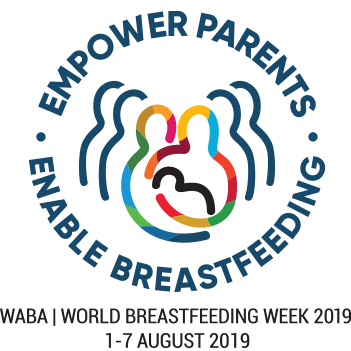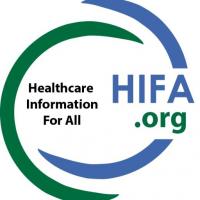Breastfeeding incentive campaign reinforces the importance of support networks

Six months of exclusive breastfeeding and two years in conjunction with other foods. This is the recommendation of the World Health Organization, as breast milk meets all the nutritional needs of children. Increasing near-universal breastfeeding levels can save over 800,000 lives annually, especially children under 6 months of age. In addition, breastfeeding reduces the risk of breast and ovarian cancer, type 2 diabetes mellitus and heart disease in nursing mothers. For mother and baby to have the opportunity to establish this relationship, it is important that support networks exist. The subject is the central theme of this month, the golden August.
This year, The World Breastfeeding Week, always celebrated from August 1-7, emphasizes that breastfeeding improves the health of babies worldwide. This week is the signing of the Innocenti Declaration, formulated in the eighth month of 1990 by experts from WHO and the United Nations Children's Fund, to protect, promote and support breastfeeding. In 2019, organizations and partners discuss family-friendly policies, enabling breastfeeding and helping parents cultivate relationships with their children early in life. These include promulgating paid maternity leave for a minimum of 18 weeks and paid paternity leave to encourage shared responsibility for equal care.
The campaign argues that mothers also need access to a friendly and receptive workplace to protect and support their ability to continue breastfeeding when returning to work by having breaks for activity; a safe, private and hygienic space to remove and store breast milk; and affordable childcare. In Brazil, the Brazilian Society of Pediatrics (SBP) participates through the “Golden August” campaign. In addition to highlighting the attribution of the mother figure and the relevance of milk for child development, the SBP wants to encourage the father's participation in breastfeeding. The intention is to encourage them to participate in consultations since the prenatal period, collaborating with the woman throughout the lactation process.
"Empower parents and allow breastfeeding, now and in the future!" This is the slogan set by the World Alliance for Breastfeeding Action (WABA). According to the international network, taking an inclusive approach that embraces parents, partners, families, workplaces and the community is critical to creating an enabling environment and enabling mothers to breastfeed optimally. “There are many barriers to optimal breastfeeding practice, one of which is the lack of support for parents, especially at work. Breastfeeding is a team effort that requires information based on scientific evidence and a warm supportive chain. It is necessary to inform about the close relationship between parental social protection and breastfeeding ”, says the presentation text of SMAM 2019, released by Waba.
According to the president of SBP's Breastfeeding Science Department, Dr. Elsa Giugliani, this issue will guide initiatives to promote parental empowerment, regardless of gender, as breastfeeding improves significantly when everyone participates. In addition, the pediatrician also discusses the role of doctors, technicians and nurses in this. “Health professionals play a relevant role because they are the ones who accompany parents and children throughout the process. Pediatricians, in particular, can empower by dialoguing on various aspects of breastfeeding, including their doubts, fears and beliefs; giving updated and evidence-based information; competently guiding the management of any difficulties during the breastfeeding process; and, above all, listening a lot, praising when pertinent, and respecting choices without judgment, ”he says.
WHO and UNICEF recommend that breastfeeding:
- Be started within 1 hour after birth;
- Be started within the first 6 months of life;
- Be continued until 2 years of age or older with the introduction of nutritionally adequate and safe complementary (solid) foods at 6 months.
“The benefit of maternity leave of 180 days is already practiced in the public sector and by some private companies in our country. In this process, they currently have only five days to stay with their family. The woman should receive all support at this time, as breastfeeding will serve as the basis for the proper development of the child, ”concludes Dr.. Elsa Giugliani.



